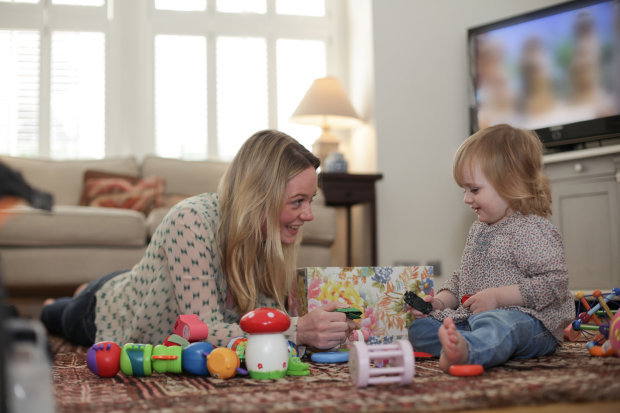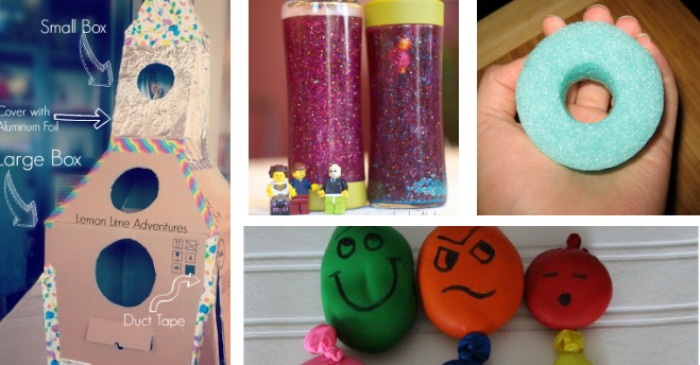Children should be able to take constructive criticism with a smile. But there’s a way to do that. Learn how to make constructive criticism more constructive!
Does the word “criticism” mean a bad word to you? Most people think that criticism is something bad, it’s something they don’t like to hear. Although we’re quick to criticize others, we don’t want to be criticized! But what we must realize is that not all criticism is bad, there’s something called a constructive criticism where the main aim is to help the one criticized to do better. It’s for their benefit, not to make them look bad. Having said that, let’s learn how to make constructive criticism more constructive!
Offer Constructive Criticism On An Infrequent Basis
Have you ever wondered how you would feel if one of your parents constantly told you about how you can do things better? Either you would dislike them for “interfering” with what you’re doing, you will choose to ignore it or you will not learn to do things right because you’ll constantly wonder what your parents will say. Constructive criticism is best offered in a not so constant basis and always make sure that you back your constructive criticism with positive feedback.
Always Begin With A Compliment
Imagine you are doing your school project and your parent walks in to tell you how wonderful you’ve done. Your parent praises you for being so committed and dedicated and then follows that with how you can make it even more better. Starting your constructive criticism with a compliment will boost your child’s self-confidence. Then if you provide your critiques, she’ll take that positively as a way to address her weakness.
Don’t Lecture…Keep It Short And Simple
If your parents start providing you positive criticism without giving you the chance to digest it, what happens? You won’t remember anything! Children have a short attention span therefore in one single session, don’t provide more than three criticism. Once your child corrects these, you can go ahead and provide the next three. This way she’ll be able to focus on what you’ve said.
Want to read more? Click here!
Article Source: SheKnows
Photo Credit: www.samanthabiron.com









